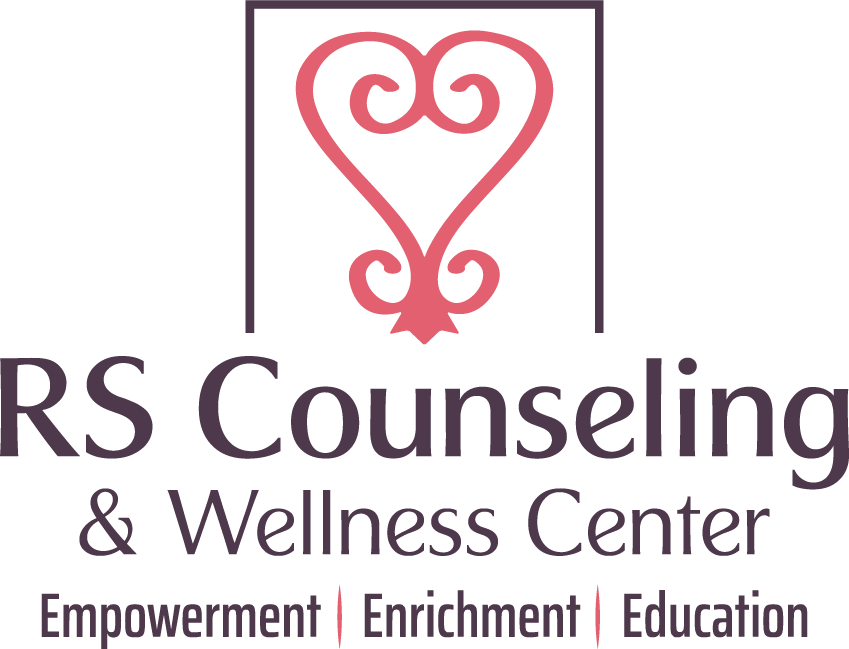Suicide in the Black Community

By: Sharea Farmer, LCSW
Categories:
Suicide in the Black Community
Suicide in the Black Community
Recently, the death of Black female writer Jas Waters, for "This is Us" committed suicide. This death and other deaths have highlighted the reality of suicide in the Black community. Although there is some disagreement to the cause of death among these cases; it is still cause for concern. The statement “Black people don’t commit suicide” is far from true. Over the last few years the suicide rate has fluctuated, but no matter how you look at it, in the last 15 years the rates of suicide has increased; especially amongst our Black males. While many in the community still believe that suicide is not a problem, the warning signs are there for us to at least start educating ourselves.
What puts us at risk for an increase in suicide: (Information from the Office of Minority Healthy)
- Poverty level affects mental health status. African Americans living below the poverty level, as compared to those over twice the poverty level, are 3 times more likely to report psychological distress.
- African Americans are 20% more likely to report having serious psychological distress than Non-Hispanic Whites.
- Non-Hispanic Whites are more than twice as likely to receive antidepressant prescription treatments as are Non-Hispanic Blacks.
- The death rate from suicide for African American men was almost five times that for African American women, in 2009.
- However, the suicide rate for African Americans is 60% lower than that of the Non-Hispanic White population.
- A report from the U.S. Surgeon General found that from 1980 - 1995, the suicide rate among African Americans ages 10 to 14 increased 233%, as compared to 120% of Non-Hispanic Whites.
What can we do to help?
- First awareness is the key. Increase education on the affects of mental health and how suicidal behaviors look with our cultural difference.
- Develop educational and awareness program specific to the different faiths in our community.
- The removal of obstacles related to seeking treatment (understanding stigma)
- Implication of religious views (suicide being unforgivable; therefore making it difficult for people to discuss their suicidal thoughts in risk of feeling weak, guilty or shamed.
- The strong black woman or man myth needs to be address (we cannot handle everything alone or without internalizing the pain)
- Address our community expectation on those suffering from psychological/emotional distress
- We need to develop and maintain mental health treatment centers (that reflect our different cultural needs)
Overview/Facts:
- According to the Centers for Disease Control and Prevention, suicide is the third cause of death among African-American males between ages 15 and 24, behind homicide and accidents. Also, suicide death rates among Black men are five times that of Black women.
- Suicide was the third leading cause of death among African American youth2, after homicides and accidents.
- The death rate from suicide for African American men was almost five times that for African American women, in 2009.
- Males accounted for the vast majority of African American elderly (65 and older) suicides.
- Firearms were the predominant method of suicide among African Americans regardless of gender and age; in 2005, 50% of all African American suicides were by firearm.
- As with all racial groups, African American females were more likely than males to attempt suicide and African American males were more likely to complete suicide.
The above facts come from Office of Minority Health
http://minorityhealth.hhs.gov/templates/content.aspx?ID=6474



